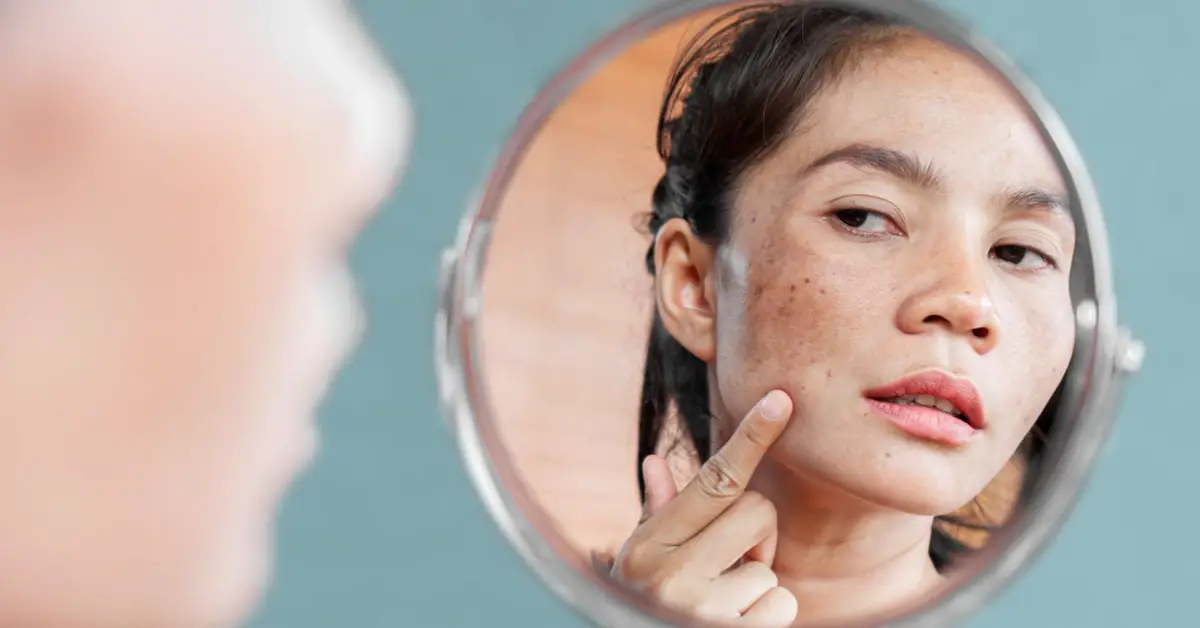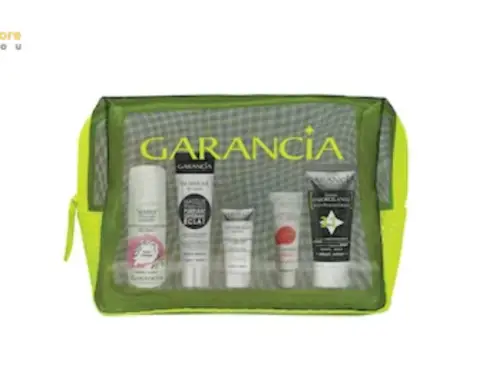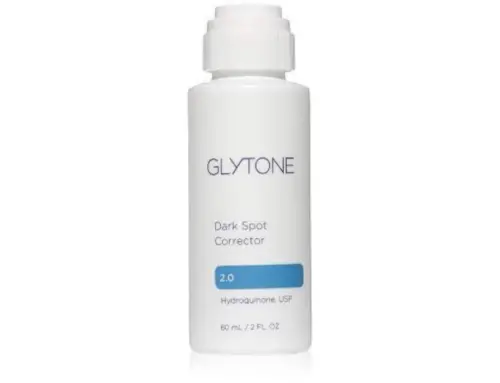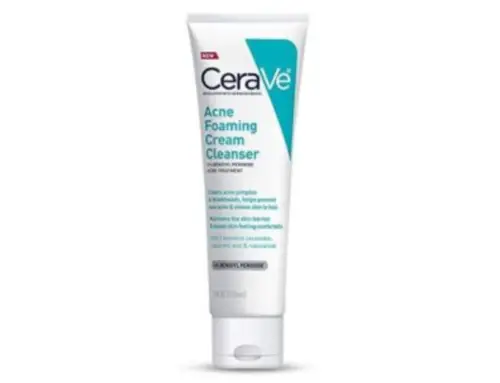There is no one-size-fits-all answer to this question, as the best ingredients for hyperpigmentation will vary depending on the individual’s skin type and specific needs. However, some general tips that may help include using products with hydroquinone or kojic acid to lighten the skin, retinoids to speed up cell turnover, and exfoliants to slough off dead skin cells. Additionally, it is important to use sunscreen diligently to prevent further damage from UV rays.
Hyperpigmentation is a common problem that can be caused by a variety of factors, including sun damage, certain medical conditions, and even certain medications. While there are many over-the-counter treatments available, not all of them are created equal. If you’re looking for the best ingredients for hyperpigmentation, look no further than these three:
1. Hydroquinone: This ingredient is a powerful bleaching agent that can help to lighten dark spots and even out skin tone. It’s available in both over-the-counter and prescription strength formulas.
2. Retinoids: These vitamin A derivatives are known for their anti-aging benefits, but they can also help to fade dark spots and improve overall skin tone. Look for products that contain retinol or tretinoin.
3. Alpha hydroxy acids: Glycolic acid and lactic acid are two of the most popular alpha hydroxy acids (AHAs). They work by exfoliating the top layer of skin, which can help to brighten dull complexions and fade dark spots.
What Ingredients Help Fade Hyperpigmentation?
There are many ingredients that can help fade hyperpigmentation. Some of the most effective include retinoids, hydroquinone, kojic acid, azelaic acid, niacinamide, and vitamin C. Each ingredient works by inhibiting melanin production or promoting skin cell turnover, which helps to fade existing dark spots.
What Clears Hyperpigmentation Fast?
Hyperpigmentation is a common, usually harmless skin condition in which patches of skin become darker than the surrounding skin. Hyperpigmentation can occur anywhere on the body but is most common on the face, neck, chest, and hands. It can affect people of any race or ethnicity.
There are many causes of hyperpigmentation, including sun damage, inflammation, certain medications, and hormones. There are also several types of hyperpigmentation, including freckles, age spots, and melasma. Most cases of hyperpigmentation are not harmful and will eventually fade over time.
However, some types of hyperpigmentation may be permanent unless treated with lightning agents or laser therapy. If you are concerned about your hyperpigmentation or it is affecting your self-esteem, there are treatments available that can help lighten the affected areas. These include topical bleaching creams containing hydroquinone or kojic acid as well as laser therapy and chemical peels.
Be sure to consult with a board-certified dermatologist to determine which treatment option is best for you based on your individual needs and goals.
What Products Work Best for Hyperpigmentation?
There are a variety of products that can help with hyperpigmentation. Some of the more popular ones include
1. Hydroquinone: This is a bleaching agent that can be found in over-the-counter (OTC) products or prescribed by a dermatologist.
It works by inhibiting the production of melanin, which is the pigment that gives skin its color. Hydroquinone is usually used for mild to moderate hyperpigmentation and typically needs to be used for several weeks or months to see results. There is some concern about hydroquinone’s safety, so it’s important to follow product instructions carefully and only use it as directed.
2. Retinoids: These are vitamin A derivatives that are available in both OTC and prescription forms. They work by increasing cell turnover, which helps to fade dark spots more quickly. Retinoids can also help prevent new pigmentation from forming.
However, they can cause dryness, redness, and irritation, so it’s important to start with a lower concentration product and increase as tolerated.
3. Chemical peels: These treatments use chemicals to exfoliate the skin and improve hyperpigmentation. Superficial peels using glycolic acid or lactic acid can be done at home or in a spa setting, while medium-depth or deep peels require professional supervision.
Chemical peels can cause redness, swelling, and crusting, so it’s important to follow post-peel instructions carefully.
Best Ingredients for Hyperpigmentation on Body
Hyperpigmentation is a common, yet often misunderstood, skin condition. While it is true that anyone can develop hyperpigmentation, there are certain factors that can make one more susceptible to the condition. For example, people with darker skin tones are more likely to experience hyperpigmentation because they have more melanin in their skin.
Additionally, sun exposure can trigger the overproduction of melanin and lead to hyperpigmentation. There are many different ingredients that claim to treat hyperpigmentation. However, not all of them are effective.
In fact, some ingredients can actually make the condition worse. To ensure you are using the best ingredients for hyperpigmentation on your body, consult with a board-certified dermatologist or another qualified skincare professional. Together, you can create a treatment plan that will help improve your skin’s appearance and reduce your risk of further pigment changes.
Best Ingredients for Hyperpigmentation from Acne
Acne is a very common skin condition that can cause hyperpigmentation. Hyperpigmentation is when the skin produces too much melanin, which gives the skin a darker appearance. There are many different ingredients that can help to treat hyperpigmentation from acne.
Some of the best ingredients include Vitamin C: Vitamin C is a powerful antioxidant that can help to reduce inflammation and promote healing. It can also help to lighten dark spots on the skin.
Retinoids: Retinoids are derivatives of vitamin A and they are very effective at treating acne and reducing hyperpigmentation. Hydroquinone: Hydroquinone is a bleaching agent that can be used to lighten dark spots on the skin. It is important to use hydroquinone carefully as it can cause irritation if used improperly.
Azelaic acid: Azelaic acid is an anti-inflammatory agent that helps to reduce redness and swelling associated with acne. It also has some pigment-lightening properties that can help to fade dark spots on the skin.
Best Ingredients for Hyperpigmentation in Black Skin
Hyperpigmentation is a common issue for people with black skin. There are many causes of hyperpigmentation, including sun exposure, acne, and certain medical conditions. While there is no cure for hyperpigmentation, there are treatments that can help to lighten the affected areas.
The best ingredients for hyperpigmentation in black skin include Vitamin C, Hydroquinone, Retinoids, and Kojic Acid. Vitamin C is a powerful antioxidant that can help to protect the skin from further damage and also help to lighten dark spots. Hydroquinone is a common ingredient in over-the-counter lightening creams and it can be very effective at lightening the skin.
Retinoids are another option for treating hyperpigmentation as they can help to speed up cell turnover and promote even skin tone. Kojic acid is another ingredient that can be found in some lightening creams and serums and it works by inhibiting the production of melanin in the skin. If you are struggling with hyperpigmentation, talk to your dermatologist about which ingredients would be best for your specific situation.
Best Natural Ingredients for Hyperpigmentation
Hyperpigmentation is a common skin concern that can be caused by a variety of factors, including sun damage, hormonal changes, and certain medications. While there are many treatments available to help fade dark spots, some people prefer to use natural ingredients. Here are five of the best natural ingredients for hyperpigmentation:
1. Vitamin C: Vitamin C is a powerful antioxidant that can help to brighten the skin and reduce the appearance of dark spots. It can be found in citrus fruits, bell peppers, and broccoli.
2. Licorice Root Extract: Licorice root extract contains glabridin, which has been shown to inhibit melanin production.
This ingredient can be found in over-the-counter products or through compounding pharmacies.
3. Hydroquinone: Hydroquinone is a bleaching agent that can lighten dark spots on the skin. It is available in over-the-counter products but should be used with caution as it can cause irritation and other side effects.
4. Kojic Acid: Kojic acid is another ingredient that inhibits melanin production and can be found in over-the-counter products or through compounding pharmacies.
5. vitamin A derivative retinoids (tretinoin): Vitamins A derivative retinoids such as tretinoin increase cell turnover and help to fade dark spots on the skin.
Best Acid for Hyperpigmentation Dark Skin
There are many different acids that can be used to treat hyperpigmentation, but which one is best for dark skin? Glycolic acid is often considered the gold standard for treating this condition, but it can be irritating and cause further damage to the skin if not used properly. Kojic acid is another popular choice, but it can also be quite harsh on the skin.
Azelaic acid is a newer option that is gentle enough for use on sensitive skin, and it has been shown to be effective in treating hyperpigmentation. If you have dark skin and are looking for an acid to treat your hyperpigmentation, azelaic acid may be the best option for you.
Best Treatment for Pigmentation on Face
Pigmentation on the face can be a nuisance. It can be caused by sun damage, hormonal changes, or certain skin conditions. Whatever the cause, there are treatments available to help lessen the appearance of pigmentation on the face.
One popular treatment for pigmentation is laser therapy. This involves using a focused beam of light to break up pigment in the skin. It can be effective at improving the appearance of pigmented areas and is safe for most people.
Another option for treating pigmentation is topical creams and serums that contain ingredients like vitamin C, kojic acid, or hydroquinone. These products can help to lighten dark spots and even out skin tone over time. Be sure to talk to your dermatologist before using any new topical products, as they can sometimes cause irritation or allergic reactions.
Finally, another way to address facial pigmentation is through chemical peels or microdermabrasion treatments. These procedures remove the top layer of skin, which can help to improve the overall appearance of pigmented areas. As with any cosmetic procedure, it’s important to consult with a board-certified dermatologist beforehand to ensure safety and the best results.
Ingredients to Remove Pigmentation
Pigmentation is the darkening of the skin due to an overproduction of melanin. It can be caused by sun damage, hormonal changes, or certain medications. While pigmentation is not harmful, many people prefer to even out their skin tone for cosmetic reasons.
There are a number of ingredients that can help to remove pigmentation from the skin. Hydroquinone is a common choice for lightening dark spots and uneven skin tone. Kojic acid and azelaic acid are also effective at brightening the complexion.
Retinoids can also be helpful in treating pigmentation as they help to speed up cell turnover and promote new collagen production.
Best Ingredients for Hyperpigmentation Reddit
If you’re looking for the best ingredients to help with hyperpigmentation, Reddit is a great place to start your search. There are a number of helpful threads on the topic, with users sharing their favorite products and tips. Some of the most popular ingredients mentioned include vitamin C, retinoids, azelaic acid, kojic acid, niacinamide, and glycolic acid.
Vitamin C is a potent antioxidant that can help brighten skin and reduce the appearance of dark spots. Retinoids are another popular choice for helping to fade hyperpigmentation. Azelaic acid is another ingredient that’s often recommended for its ability to even out skin tone.
Kojic acid is another lightening agent that can be effective at fading dark spots. Niacinamide is a form of vitamin B3 that has been shown to help improve uneven skin tone. And finally, glycolic acid is an exfoliating agent that can help slough away dead skin cells and reveal brighter, more even-toned skin underneath.
When it comes to choosing the right product for you, it’s important to consider your own individual skin type and needs. Talk to your dermatologist or esthetician if you’re unsure which ingredients will work best for you.
Conclusion
There are a few things to keep in mind when it comes to finding the best ingredients for hyperpigmentation. First, it is important to understand what hyperpigmentation is and how it can be caused. Hyperpigmentation is the darkening of an area of skin due to an overproduction of melanin.
Melanin is a pigment that gives skin its color. When there is too much melanin produced in one area, it can cause the skin to appear darker than the surrounding skin. There are many different factors that can lead to hyperpigmentation, including sun exposure, hormones, certain medications, and even genetics.
Now that you know what causes hyperpigmentation, you can start looking for ingredients that will help lighten the affected area. Some of the best ingredients for hyperpigmentation include vitamin C, retinoids, kojic acid, azelaic acid, niacinamide, and hydroquinone. These ingredients work by inhibiting the production of melanin or by helping to break down existing pigment cells.
If you are not sure which ingredient will work best for your particular case of hyperpigmentation, ask a dermatologist or esthetician for advice.






Leave A Comment